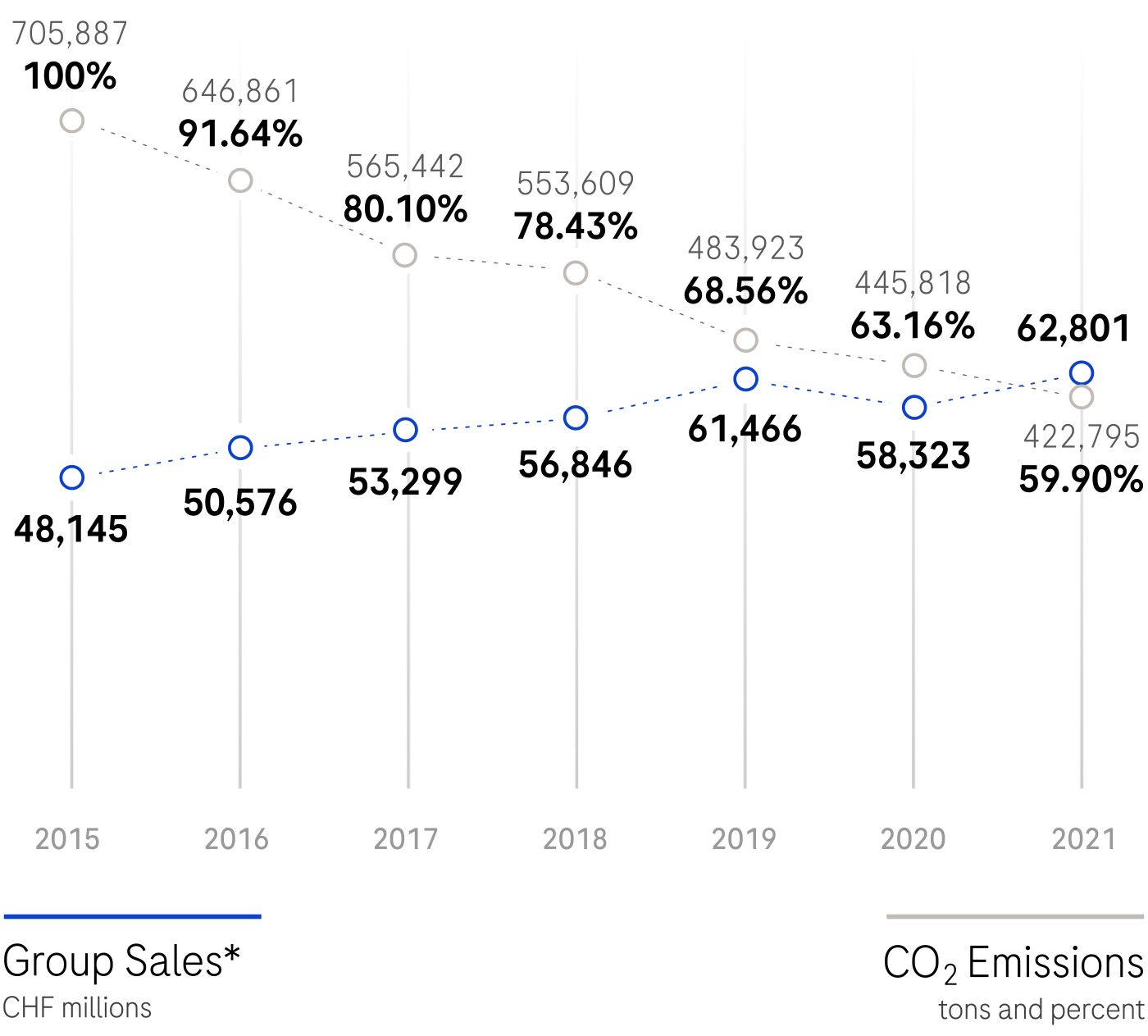Chairman’s letter to shareholders
Dear Shareholders,
Since its founding 125 years ago, Roche has worked to improve the health and lives of countless people all over the world. Our anniversary year was no exception: In 2021 our more than 100,000 employees and our partners developed, manufactured and provided global access to state-of-the-art diagnostics and treatments for serious diseases, particularly for COVID-19. My sincere thanks to all of you.
For Roche, innovation has always been about identifying and seizing opportunities. This will remain so in the future as well. Digitalisation has substantially increased the pace of our company’s transformation since I became Chairman of the Board of Directors. We view health data from medical practice as an opportunity to pursue the ongoing development of personalised, and thus even more effective, medicine.
Despite the great medical progress, there is still a huge need and a growing demand for specific diagnostics and effective, better tolerated therapies. Going forward we will once again increase our investment in research and development, even though our R&D expenditure of CHF 13.7 billion last year already exceeds that of any other healthcare company worldwide.
One of Roche’s particular strengths is our long-term mindset. This privilege has a great deal to do with the stability afforded us by the founding families. For this, too, I would like to express my sincere thanks. Thinking sustainably is in our DNA. We are delighted and further motivated to have been selected once again by the Dow Jones Sustainability Indices as one of the world’s most sustainable companies in the healthcare sector. We received this recognition in 2021 for the thirteenth year running!
The strong product pipeline and our financial figures confirm that Roche is on the right path. In light of our good performance, the Board of Directors is proposing the 35th consecutive dividend increase.
Roche is very special: focused on science-driven innovation, committed to sustainability, rooted in Switzerland and open to the world.
I would like to thank you, our shareholders, for your confidence and loyalty.

































